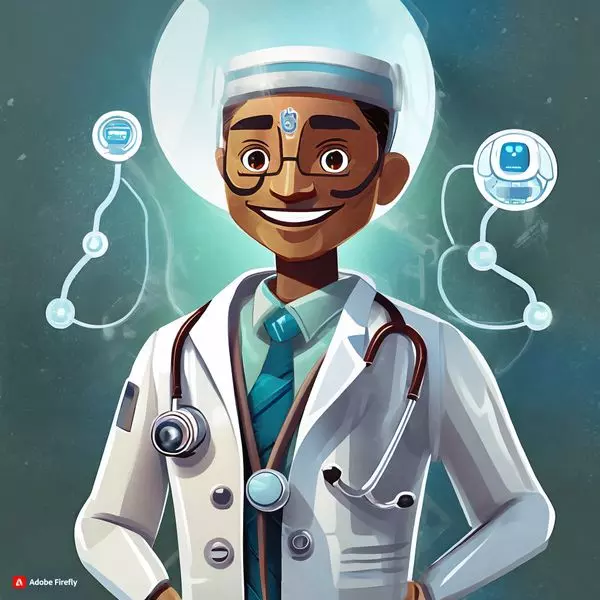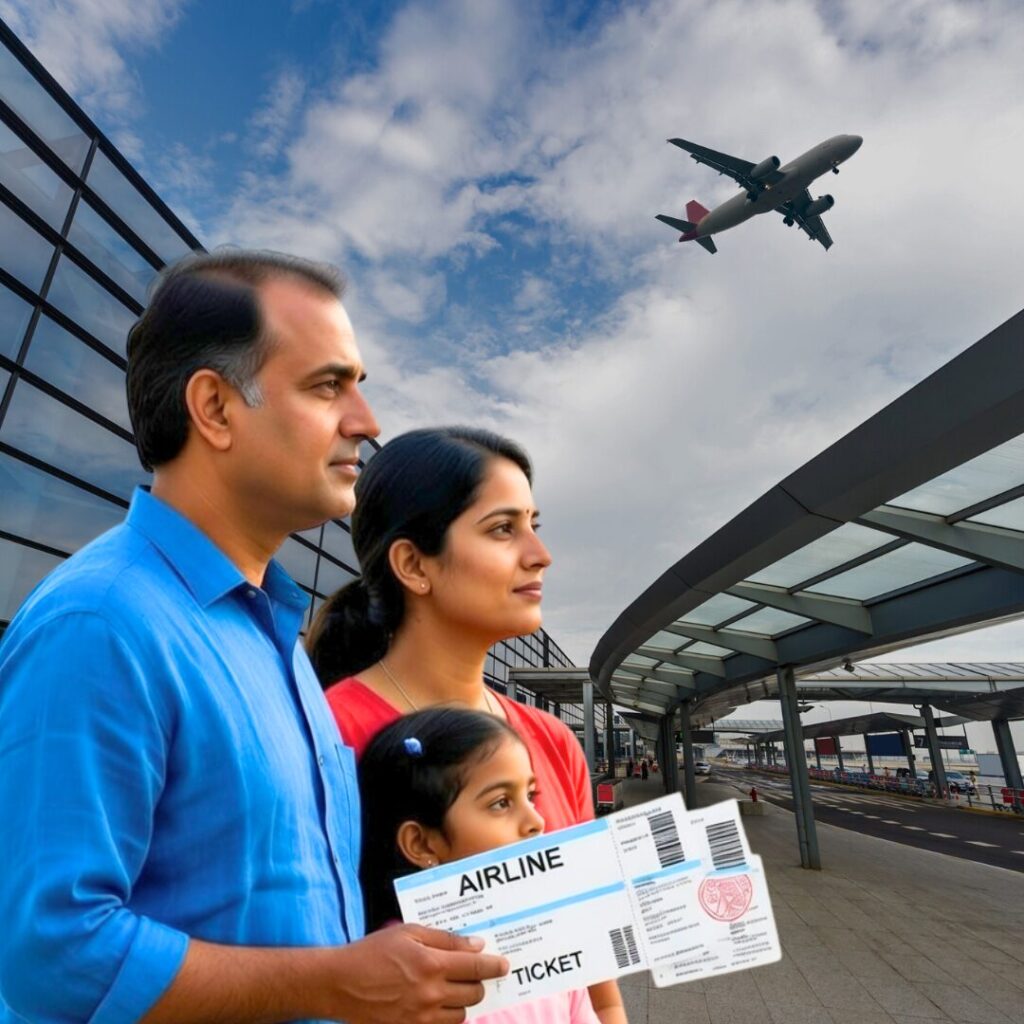The recent integration of Artificial Intelligence (AI) into the healthcare domain has sparked a wave of experimentation, with generative AI tools increasingly employed to disseminate medical advice. Notably, the National Eating Disorders Association (NEDA) of the US recently made headlines as it took down its AI chatbot, ‘Tessa’, following reports of the bot providing potentially harmful guidance to users. Liz Thompson, CEO of NEDA, clarified that the chatbot was never intended to replace the organization’s helpline, emphasizing that it was a separate program not affiliated with ChatGPT or any highly functional AI system.
Beyond this incident, AI-generated health tips, often presented through videos, social media posts, and other digital content, have become a widespread phenomenon, masquerading as human-written advice and gaining credibility among audiences. These AI-driven health tips encompass a range of topics, including symptoms, diagnoses, treatments, and preventive measures. However, the use of such AI-generated content in the healthcare realm is not without risks.
Numerous videos produced through AI technology have surfaced, featuring doctors and AI-generated advice on various health concerns, from dietary recommendations to home remedies for different ailments. The process of creating such videos is relatively straightforward, with readily available tutorials guiding creators on generating AI imagery, animating it, and incorporating voiceovers and visuals.
In India, the application of AI in the healthcare sector poses significant legal challenges, as the absence of specific regulations raises concerns regarding the accountability and reliability of AI-generated health content.
In response to these developments, both Google Bard and ChatGPT underscore the importance of critical thinking and consulting healthcare professionals when considering AI health tips. However, medical experts and professionals caution against an overreliance on AI-generated health content, emphasizing the need for verification, scientific evidence, and personalized medical advice from qualified healthcare practitioners.
Dr Vandana Kate, President of the Indian Medical Association (IMA) in Nagpur, highlights the significance of evidence-based medical practices and the potential risks associated with blindly following AI-suggested remedies. Clinical dietician Malvvika Fulwani echoes a similar sentiment, urging individuals to validate health tips with scientific research and prioritize consultation with medical professionals over AI-generated content.
The debate surrounding the credibility and reliability of AI health tips continues to intensify, prompting discussions on the need for comprehensive regulatory frameworks and heightened awareness among consumers regarding the responsible consumption of AI-generated health information.
Also Read: The Global Agenda: Advancing Sexual & Reproductive Health At World Health Summit 2023













